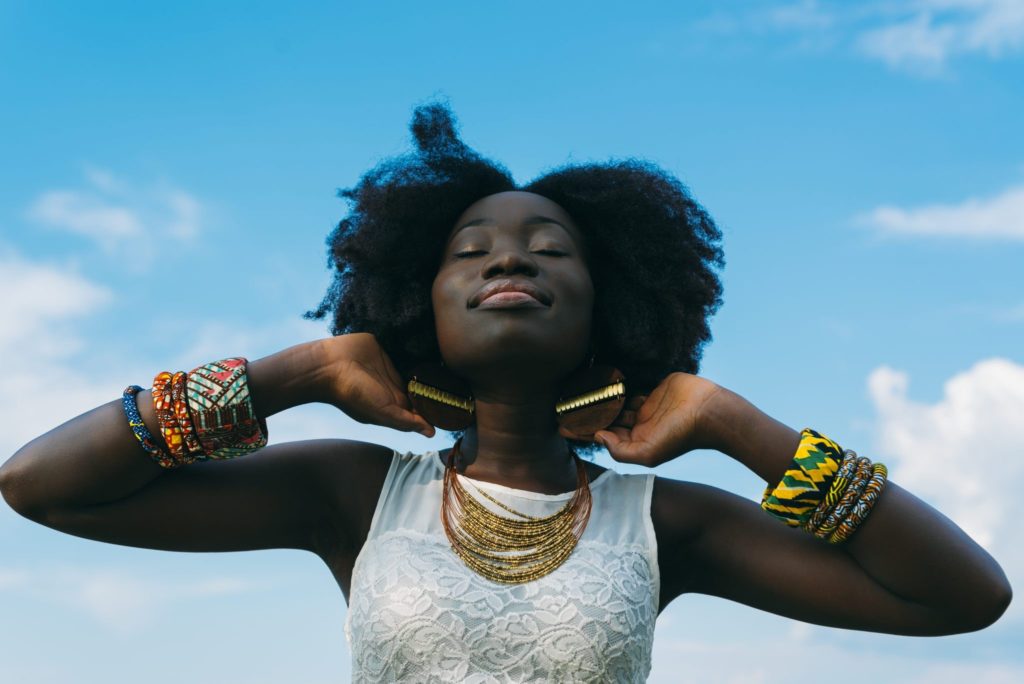
Let’s talk: At a macro-level, how would the world change if you saw yourself as beautiful?
“Beauty,” as we know it, is not actually real. It is merely a false social construct. The standards by which we judge someone as beautiful is all made up. Consider this: 200, 100, or even 50 years ago, what was considered beautiful is quite different than what is considered beautiful now.
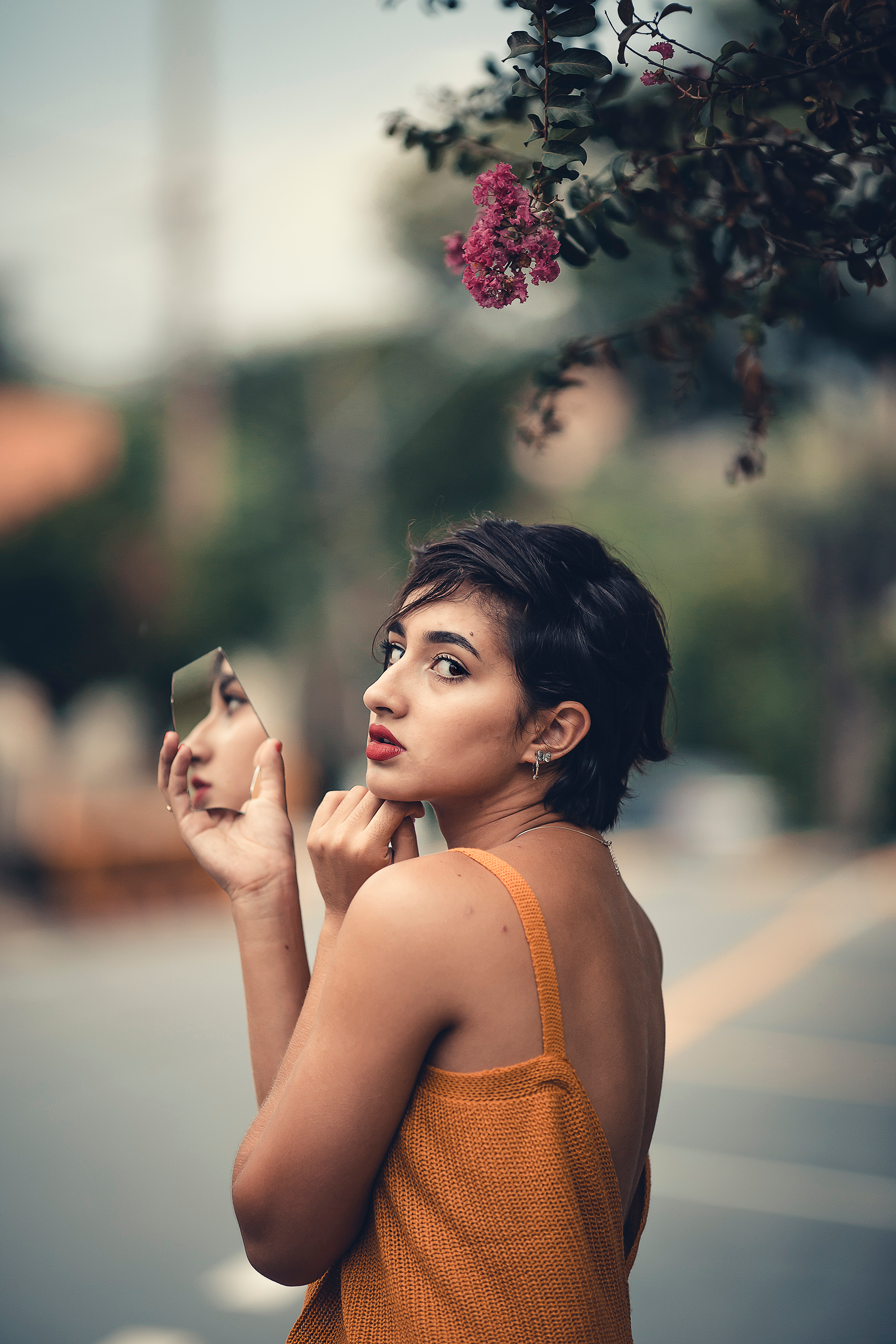
Today’s standard of beauty goes a little something like this:
- Have a perfectly symmetrical 25-year-old face
- Have big boobs (but not too big!)
- Be thin (but not too thin!)
- Have a big, perfect, perky round butt (but not too big!)
- Have perfectly kissable (usually augmented) lips
- Do not be disabled in any way
- Have long, luscious hair
- Etc etc etc
Only 1% or less fall within that limited standard. Which leaves 99% of us feeling like shit.
However, when you consider that society’s definition of beauty isn’t real, then you may realize that there is nothing actually “wrong” with us.
The concept of beauty is a political weapon and a currency system that does not serve us.
It’s all about power & possession. Women want to embody beauty and men want to possess beautiful women. Of course, this assumption is heteronormative in nature and does not encompass everyone, but that’s how the system was built, no?
One of my favorite quotes from Naomi Wolf’s The Beauty Myth is:
“In assigning value to women in a vertical hierarchy according to a culturally imposed physical standard, it means that women must unnaturally compete for resources that men have appropriated for themselves.”
Consider youth & virginity. Both youth and virginity are considered to be beautiful in women because they connote a lack of experience. Thus, aging is considered ugly because women gain power as they grow older.
These standards are culturally imposed so we remain vulnerable and dependent on outside approval. To keep this social construct in tact, women’s identity is premised on our own beauty so we are always vulnerable. In our patriarchal society, we are taught that you can’t have power if you are vulnerable.
What’s worse is that these standards are so multi-layered and pervasive that it makes it difficult for us to understand and unpack. Beauty standards have their tentacles gripped so deeply in us that we start to take them on as our own ideas without ever questioning them.
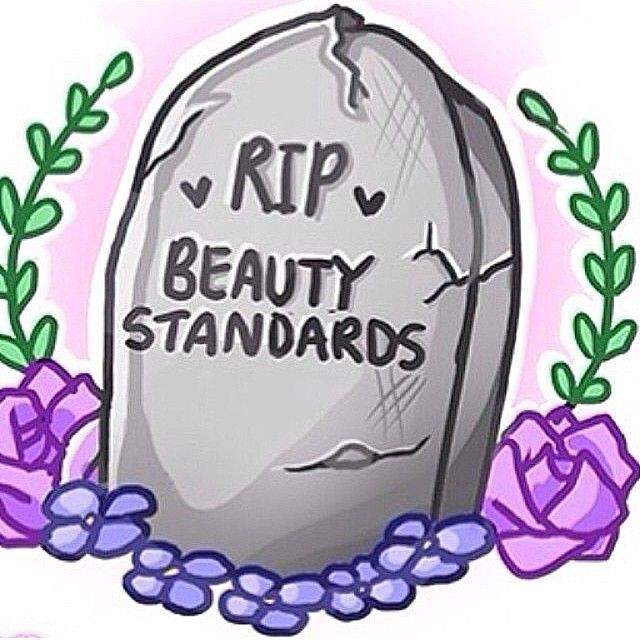
RELATED: What’s the consequences of neglecting your self-care?
Let’s use women’s magazines as an example. A magazine’s readers typically don’t analyze how messages are influenced by advertisers. And the tone of many of these magazines is like that of a ‘big sister’ — there are the “how-to’s” (how to lose those last 5 pounds, how to give a good blow job, how to look prettier, etc) and tips on how to be a “better woman.” These magazines are selling an aspirational lifestyle and they do it in such a subtle way that we just lap it all up.
This starts dismantling our self-esteem from a tender age so we grow up being self-loathing and believing that we need others’ approval.
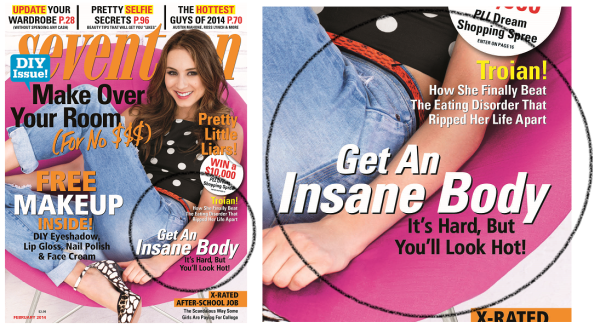
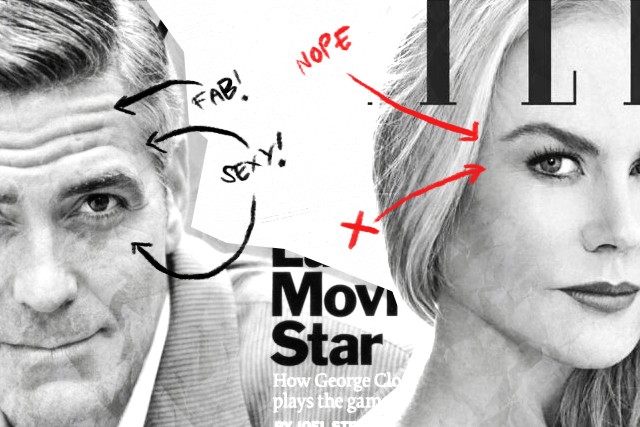
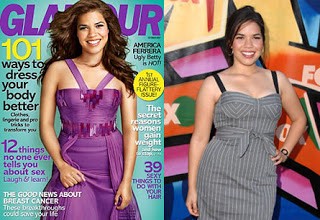
Last year, I did a survey of my customers and friends about self-care. The results astounded me. I asked folks what their biggest challenges were around self-care and most of the time, they conflated what they “should” do with self care.”
Many responses were along the lines of… “Oh, I should exercise more,” or “I should better control what I eat.”
Clearly, this isn’t self-care. This is self-loathing talking, not self-care.
Now that you’ve taken all this in, how do you feel?
When I first realized these concepts, I felt anger but also a little shame. When I realized that corporations profit from & exploit our self-hatred to sell us products, I was pissed off. I also felt a little duped and wondered how I’d let myself be tricked for so long. I am also a spiritual person, so I believe that we all come into this world perfect, whole, and complete. I also believe that we all deserve to feel beautiful and beloved. Not just a select few. All of us.
We deserve so much better than this.
RELATED: Get your FREE Self-Care/Self-Love Checklist
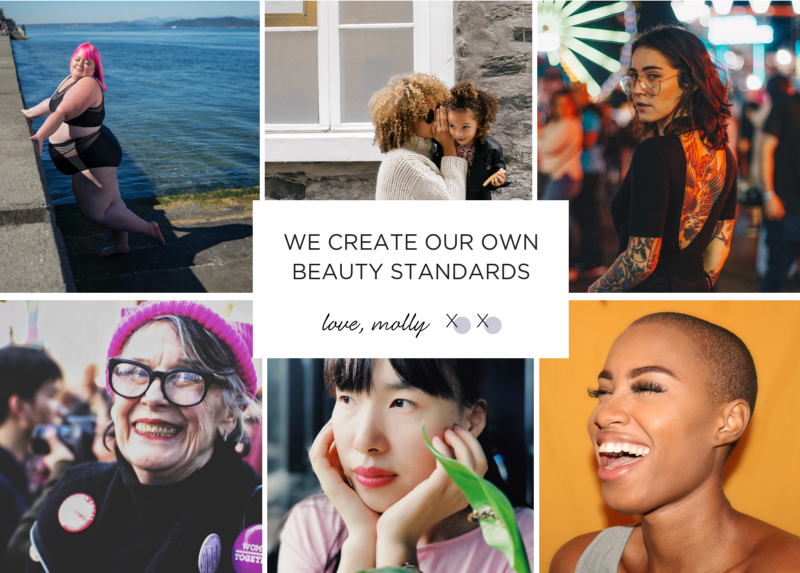
Who is to say that you’re not beautiful if you’re bigger than a size 6, over 35, or have dark skin?
When you realize that beauty standards are just made-up fallacies, you can start to re-create your own standard of beauty. And when you do that, it can not only change your life — it can change the world.
What if you no longer felt beholden to these arbitrary standards? How would your life change? How would the world change?
For example, I stopped getting botox, I cancelled my gym membership, and I started wearing less makeup. I started to think about how my consumption of these things is decreasing. There are companies out there that are no longer getting my money.
So what if this happened on a macro level? How would the world change if thousands or millions of women did the same?
I believe the system would cannibalize itself. I believe companies and marketers would be forced to spread more positive messages. And we would gain a sliver of our power back.
What outdated notion of beauty can you reject today?

